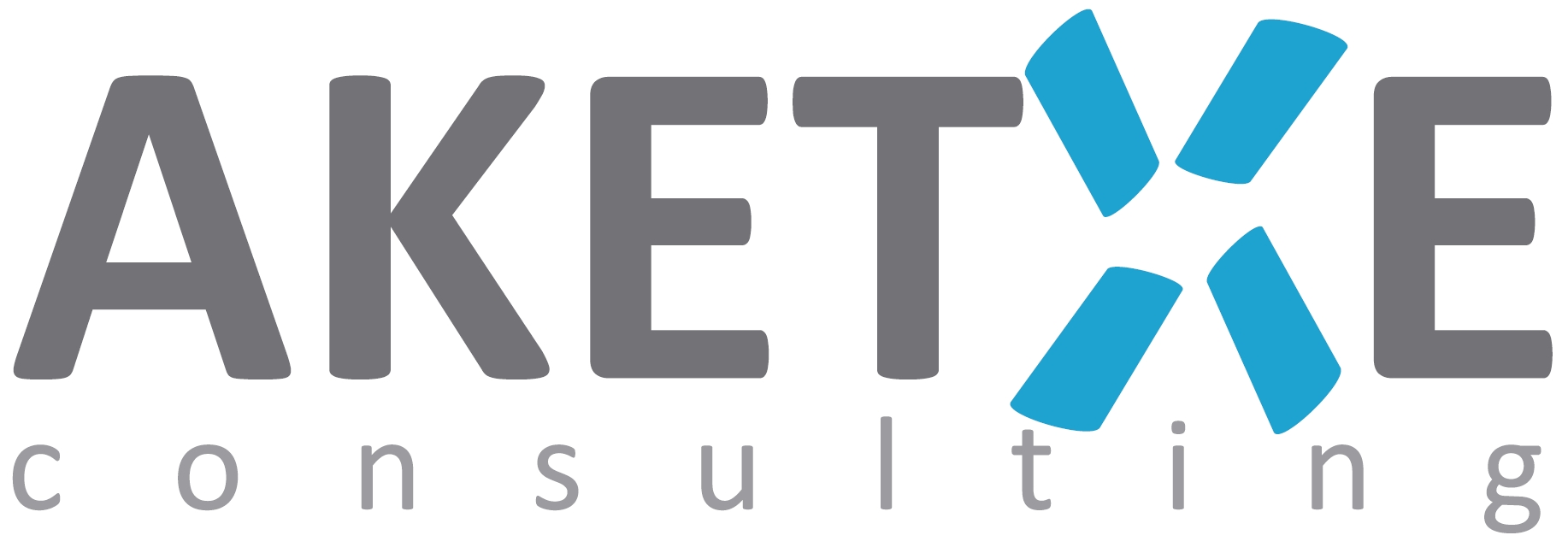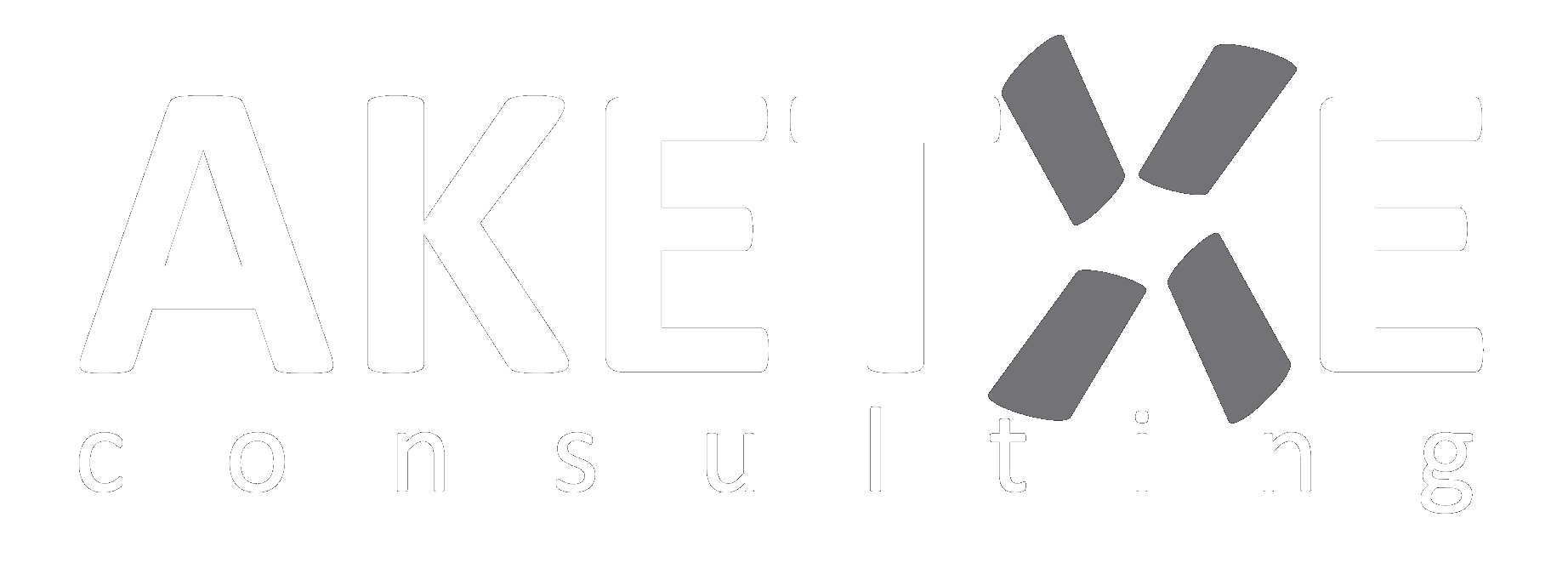Antibacterial self-cleaning metals – the goal of the TresClean project
Antibacterial self-cleaning metals – the goal of the TresClean project
Using high throughput laser texturing principles, the TresClean project has developed a new technology for the production of self-cleaning sheet metal on an industrial scale.
This technique has been initially employed to create antibacterial surfaces for use in the food production industry – dramatically increasing productivity and reducing costs in factories which process biological food products such as milk, tomato sauce, and yoghurt.
Specifically tailored laser processing of metal surfaces creates a roughened surface, mimicking the surface of lotus leaves, i.e. surfaces where miniature pockets of air are created that minimise the contact area between the surface and a liquid.
In this way surfaces keep themselves clean, without the need for cleaning products or chemicals, in fact repelling liquids such as water, such surfaces are no longer a suitable environment for bacteria to grow.
While this approach may currently exist for specific and expensive plastic components, it is a first for self-cleaning metal.
Metal surfaces are textured using innovative industrial photonics devices: high-average power ultrashort-pulsed lasers are used in combination with high-performance scanning heads by utilising an innovative beam delivery method enabling movements of up to 200 m/s.
Initially aiming its product at machine parts for the food industry TresClean hopes to make a significant impact on productivity: «Vats in milk factories need to be cleaned every 6-8 hours to avoid the exponential growth of bacteria. This hinders usage and therefore affects output» prof. Romoli, project coordinator, said.
«By saving hours per day in cleaning, it will yield an efficiency improvement stemming from fewer sterilization cycles and less cleaning time within production as a whole. This will also reduce energy consumption as a result of fewer cleaning phases making food production quicker, safer and more profitable».
Professor Romoli sees the long-term possibilities and implications for other sectors: «It is possible that any use of metal that needs to avoid the formation of bacteria will benefit from the TresClean product, such as medical cutting tools, sterile surfaces, dishwashers, or even saucepans».
Coordinated by the Universitá Degli Studi Di Parma, the consortium includes members from Italy, France, Germany, Spain and the UK and has received a grant of €3,363,091 under Horizon 2020 calls.
Horizon 2020
Enlace: Antibacterial self-cleaning metals – the goal of the TresClean project

